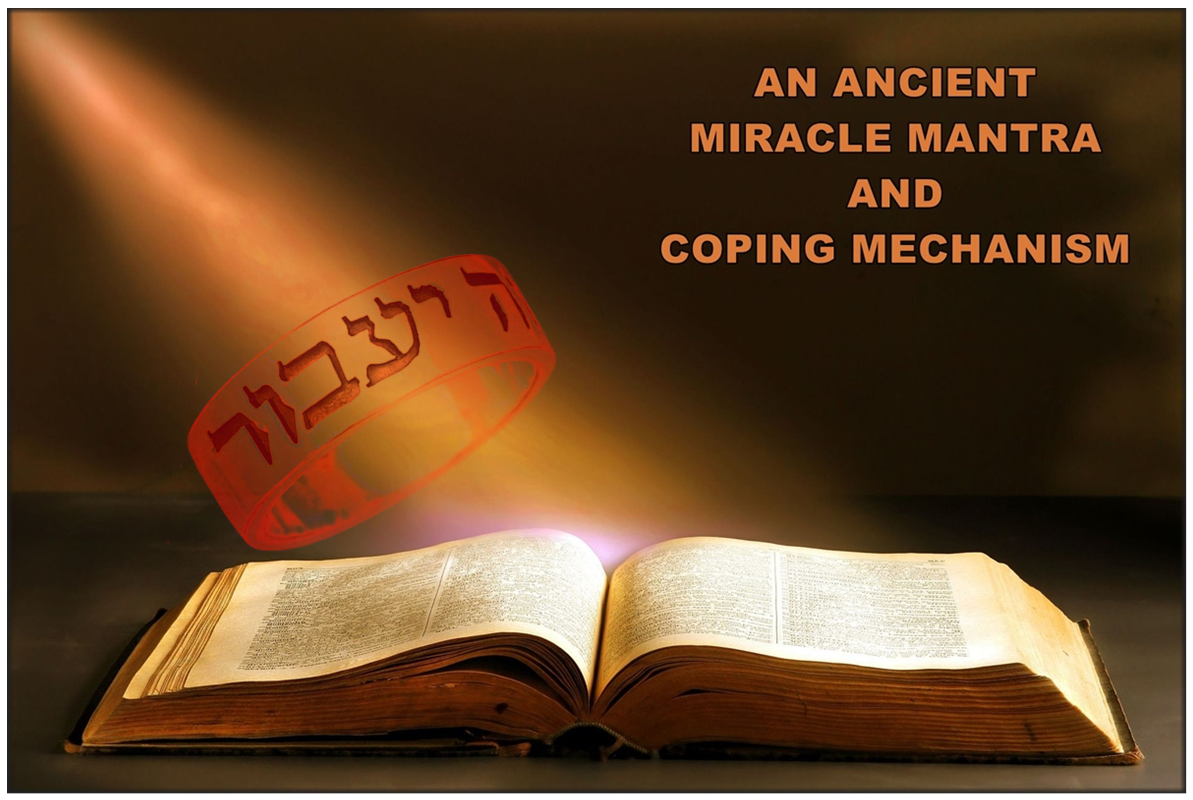Can ancient wisdom reveal a modern coping method to help an individual future-proof their mindset to help cope with panic, anxiety, and stress?
For those unfamiliar with the concept of a mantra, a mantra is nothing more than a positive phrase or affirmative statement that you say to yourself for the purpose of well-being.
The story of the most powerful of all mantras …
It appears that a wise king, rumored to be the Jewish King Solomon, was distressed and seeking a solution to help him deal with the stresses of running his chaotic kingdom. Summoning the wisest advisors in the land, the King requested that they create a single thought that would serve him in good times and bad times while acknowledging changing circumstances. Something that might make a sad man happy and a happy man sad.
Some say that the King requested a single sentence to be used as a manta, others believe that the King requested the saying be inscribed on a ring where it would serve him constantly.
After some thought, the wise men produced such a ring – inscribed, according to legend, with the Hebrew words "Gam zeh ya'avor" which translates into “This too shall pass.” A reminder that bad times, as well as good times, are transitory and that circumstances often change in unexpected ways. Or, in others words, "nothing lasts forever."
There are any number of versions, some Jewish, some Persian, and some of unknown origin. However, no matter the derivation of the backstory, this mantra is based on the rational observation of nature where one can see that life is transitory and everything is in a state of change.
“This too shall pass.” serves well to remind us that our circumstances, good or bad, are likely to be transitory and somewhat unpredictable. Take comfort in knowing nothing remains the same and the wisest course of action is to enjoy the journey, live life fully in the moment while preparing for tomorrow.

